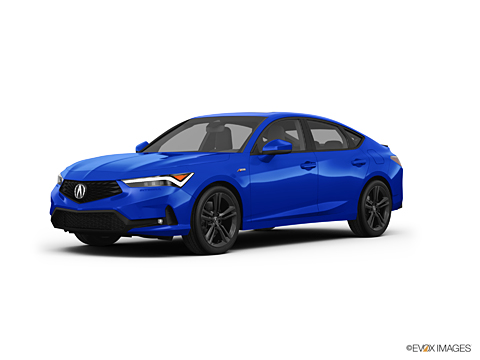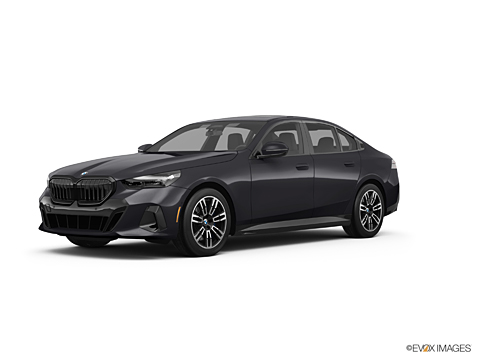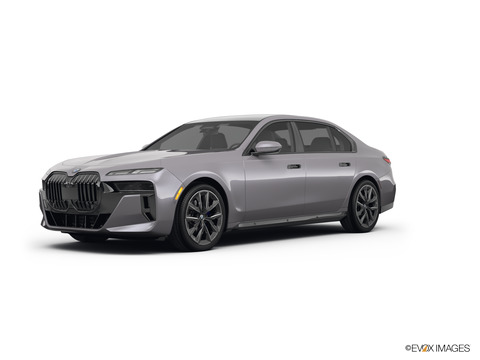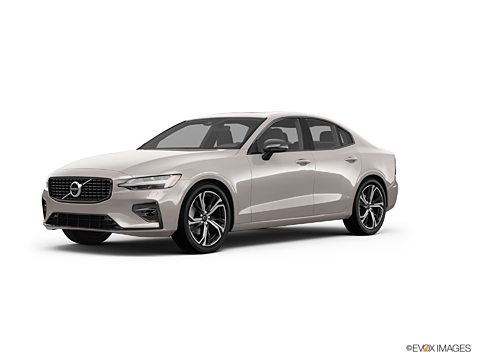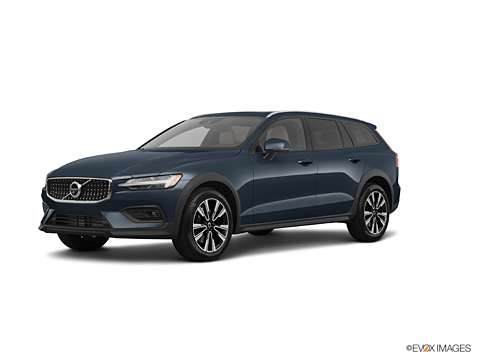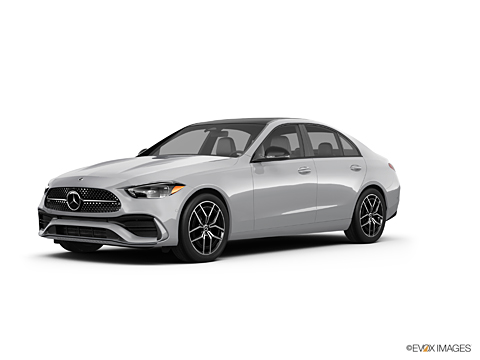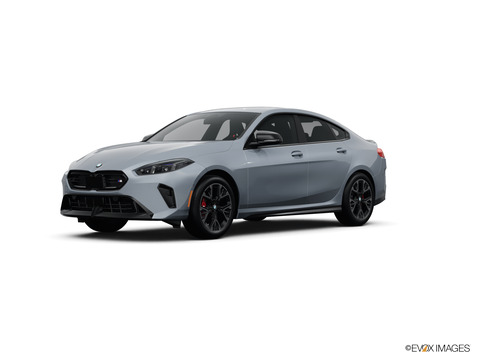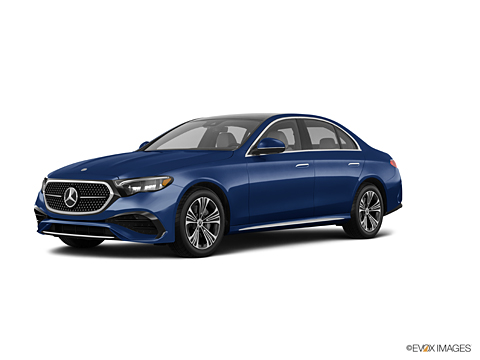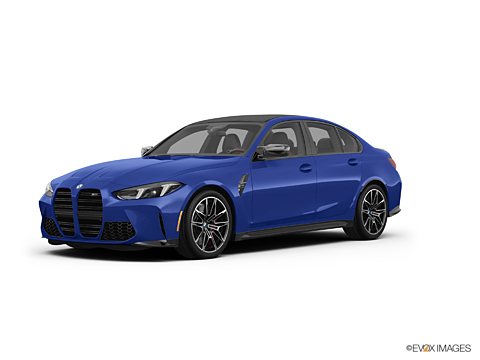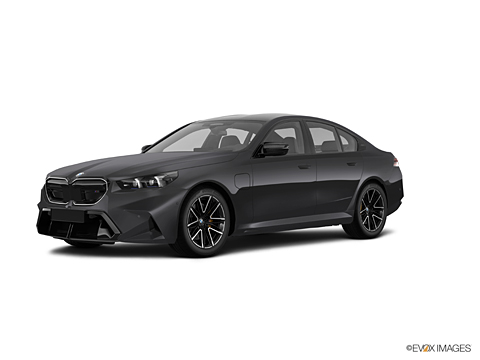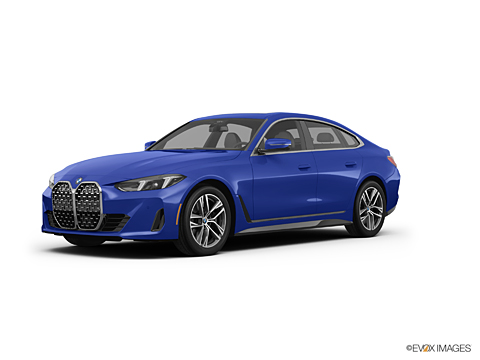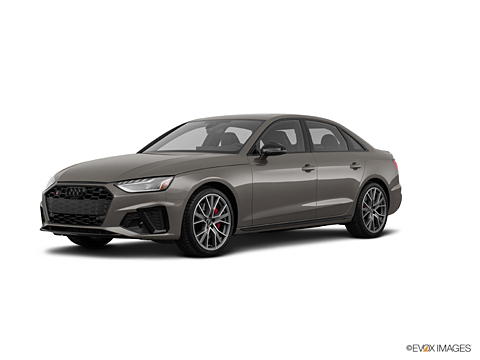
Best Gas Mileage Luxury Cars for 2025
Our analysis of the luxury cars with the best gas mileage ranks them based on the highest mpg and most fuel-efficient drivetrain for each vehicle.
The best gas mileage luxury small and compact car is the Acura Integra (hatchback) (33 combined mpg), with the BMW 5 Series being the best gas mileage luxury midsize car (31 combined mpg). The BMW 7 Series ranks #1 for the best gas mileage luxury large cars (28 combined mpg).
The best gas mileage luxury hybrid car is the Volvo S60 (Plug-in Hybrid) (74 combined mpge), which is also the best gas mileage luxury plug-in hybrid car (PHEV). Topping the list for the best gas mileage luxury sports cars is the BMW Z4 (convertible) (28 combined mpg), while the BMW 4 Series (convertible) ranks first for the best gas mileage luxury convertibles (30 combined mpg).
The best gas mileage luxury wagon is the Volvo V60 Cross Country (27 combined mpg).
Spending extra money on a luxury car doesn’t mean you have to spend extra money at the gas pump. We’ve crunched the fuel economy numbers on luxury brands from Acura to Volvo to rank the most fuel efficient luxury cars by their EPA-estimated numbers. Most of these models are luxury sedans, but we’ve included sports cars, convertibles, and wagon body styles in our rankings. You can also check out our rankings for the best gas mileage luxury SUVs and crossovers.
As with all luxury vehicles, larger models with higher horsepower and turbocharged engines, and featuring all-wheel drive technology, will have lower fuel efficiency than smaller, front-wheel-drive or rear-wheel drive vehicles with low-power four-cylinder engines.
The best cars for saving fuel utilize plug-in hybrid powertrains, featuring an electric motor and grid-rechargeable battery, to reduce the engine’s fuel consumption. Often referred to as PHEVs (plug-in hybrid electric vehicles), they can travel between 10 and 60 miles on pure electricity before the internal combustion engine comes on, giving them electric-car-like zero emissions for short distance driving/commuter needs. But PHEVs also have a higher starting price than traditional gasoline or non-plug-in hybrids, and they require regular re-charging from the electric grid to deliver their electric range.
Non-plug-in hybrids feature a smaller battery pack that is recharged automatically as the vehicle is driven. Luxury cars with these more mild hybrid systems cost less than PHEVs, and while they can’t travel on electric power alone, they still deliver impressive fuel efficiency, with most achieving over 30 mpg are more than one topping 40 mpg.
The smallest and least-expensive entry-level luxury cars won’t feature hybrid technology, but they still achieve around 30 mpg while providing all the standard safety features and infotainment system technology luxury brands are known for. New car shoppers on a budget can find a roomy luxury sedan or wagon, many with AWD and adaptive suspension technology, for between $35,000 and $45,000.
See below for how each segment of luxury cars rank from best-to-worst gas mileage.

How We Rank These Cars
The iSeeCars "Best Gas Mileage" lists rank cars, trucks and SUVs based on the highest mpg and most fuel-efficient drivetrain for each vehicle.
Along with the Best Gas Mileage scores, the lists show additional iSeeCars scores because we believe other factors should be taken into account to find the best overall vehicle. If there is a tie in mpg between vehicles, we use the overall iSeeCars Score to break the tie.
The overall iSeeCars Score is an analysis of three factors: reliability, resale value and safety. It is calculated based on the latest research and analysis by our data science team. The data analysis comes from over 12 million new and used vehicles in our Longest-Lasting Cars and 5-Year Depreciation Studies, combined with NHTSA and IIHS Safety Ratings.
Vehicles are scored in three categories:

Reliability
The reliability score represents an analysis of iSeeCars' proprietary research on the longest-lasting vehicles.

Value Retention
The value retention score is based on our data science team's statistical analysis and prediction of 5-year depreciation from MSRP to determine which cars hold their value best, using US Bureau of Labor Statistics data to adjust for inflation.

Safety
The safety score is calculated based on the last five years of crash test ratings from the National Highway Traffic Safety Administration (NHTSA) and incorporates the latest Top Safety Pick information from the Insurance Institute for Highway Safety (IIHS).

